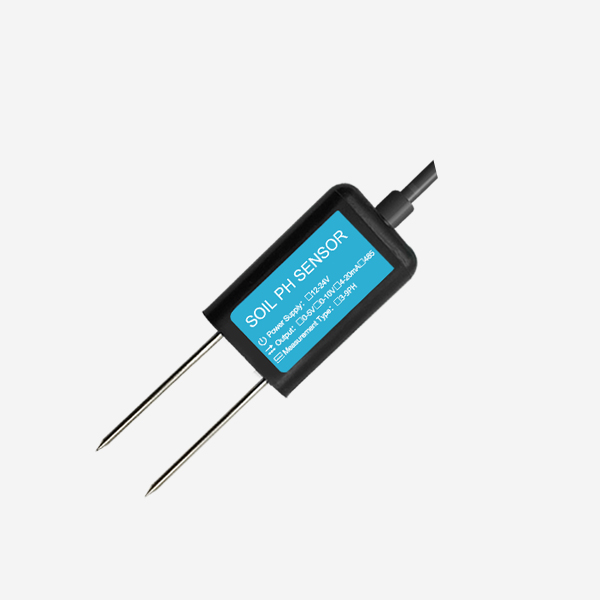What is Soil ph sensor ?

Soil ph sensor are commonly measuring soil pH. A pH sensor is an electronic device that measures the acidity or alkalinity of a solution based on the voltage difference between two electrodes. However, traditional pH sensors have limitations, such as poor accuracy, short lifespan, and susceptibility to interference from environmental factors.
What is Soil ph
Soil pH is a critical factor that affects plant growth and productivity. The acidity or alkalinity of soil can impact the availability and uptake of nutrients by plants, leading to differences in crop yield and quality. To manage soil fertility effectively, farmers need to measure soil pH accurately.

To address these challenges, pH sensor manufacturers have been developing new technologies to improve the accuracy, durability, and performance of their products. In this article, we will discuss some of the latest advancements in soil pH sensors technology.
Benefits of soil pH sensors technology
One of the most significant advancements in soil pH sensors technology is the use of solid-state sensors. Solid-state sensors use a solid electrolyte instead of a liquid electrolyte in traditional pH sensors. This design eliminates the need for a reference electrode, making the sensor more durable and less prone to interference. Solid-state sensors also offer higher accuracy and stability than traditional sensors, making them well-suited for long-term monitoring of soil pH.

Another advancement in soil pH sensor technology is wireless connectivity. Modern pH sensors come with wireless modules that enable real-time data transmission over a network connection. This feature allows farmers to monitor soil pH remotely, receive alerts when the pH falls outside the desired range, and make timely decisions to adjust soil fertility. Wireless connectivity also enables data logging, which facilitates long-term data collection for research and analysis purposes.
Other advancements in soil pH sensor technology include improved electrode designs, better calibration algorithms, and enhanced firmware. New electrode designs offer better sensitivity and selectivity, enabling more accurate measurements of soil pH in different soil types and conditions. Improved calibration algorithms enable automated calibration and reduce the need for manual adjustments, while enhanced firmware provides more robust data processing capabilities.
conclusion
Advancements in soil pH sensor technology have improved the accuracy, durability, and performance of these devices, enabling farmers to manage soil fertility more effectively. Solid-state sensors, wireless connectivity, improved electrode designs, better calibration algorithms, and enhanced firmware are just some of the latest innovations in soil pH sensor technology that are shaping the future of precision agriculture. As we continue to develop new technologies and applications, we can expect even greater advancements in soil pH sensor technology.
